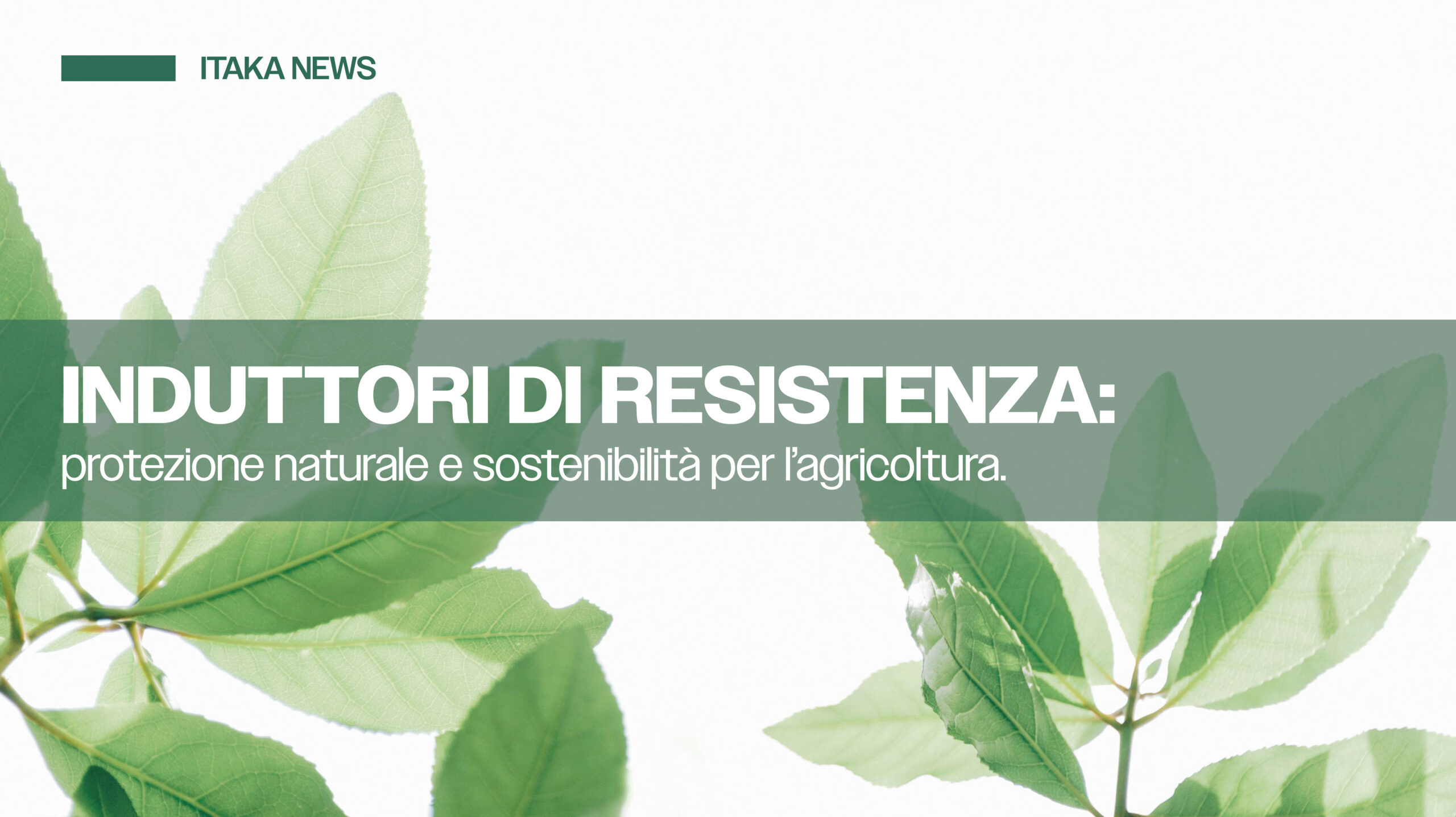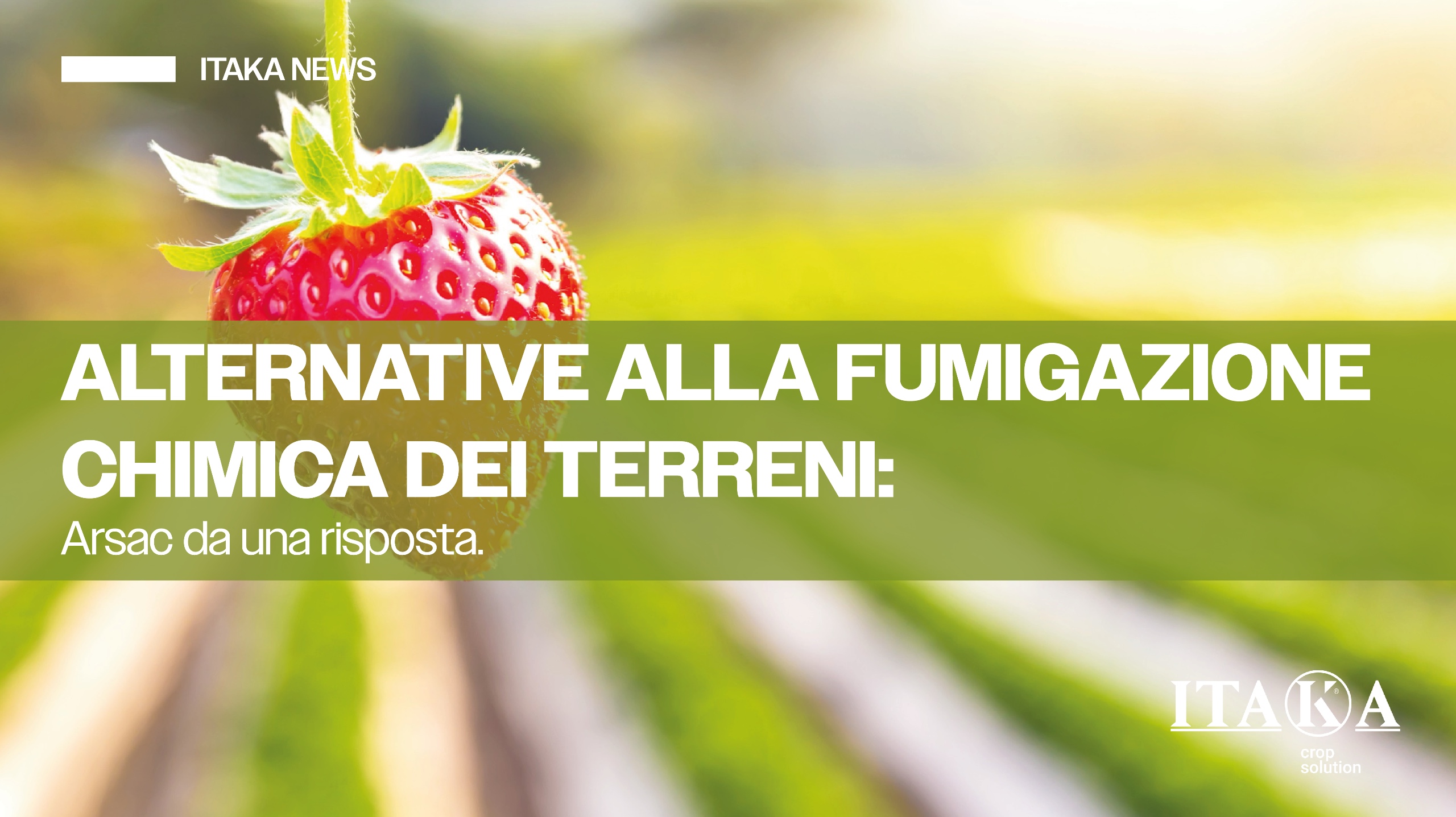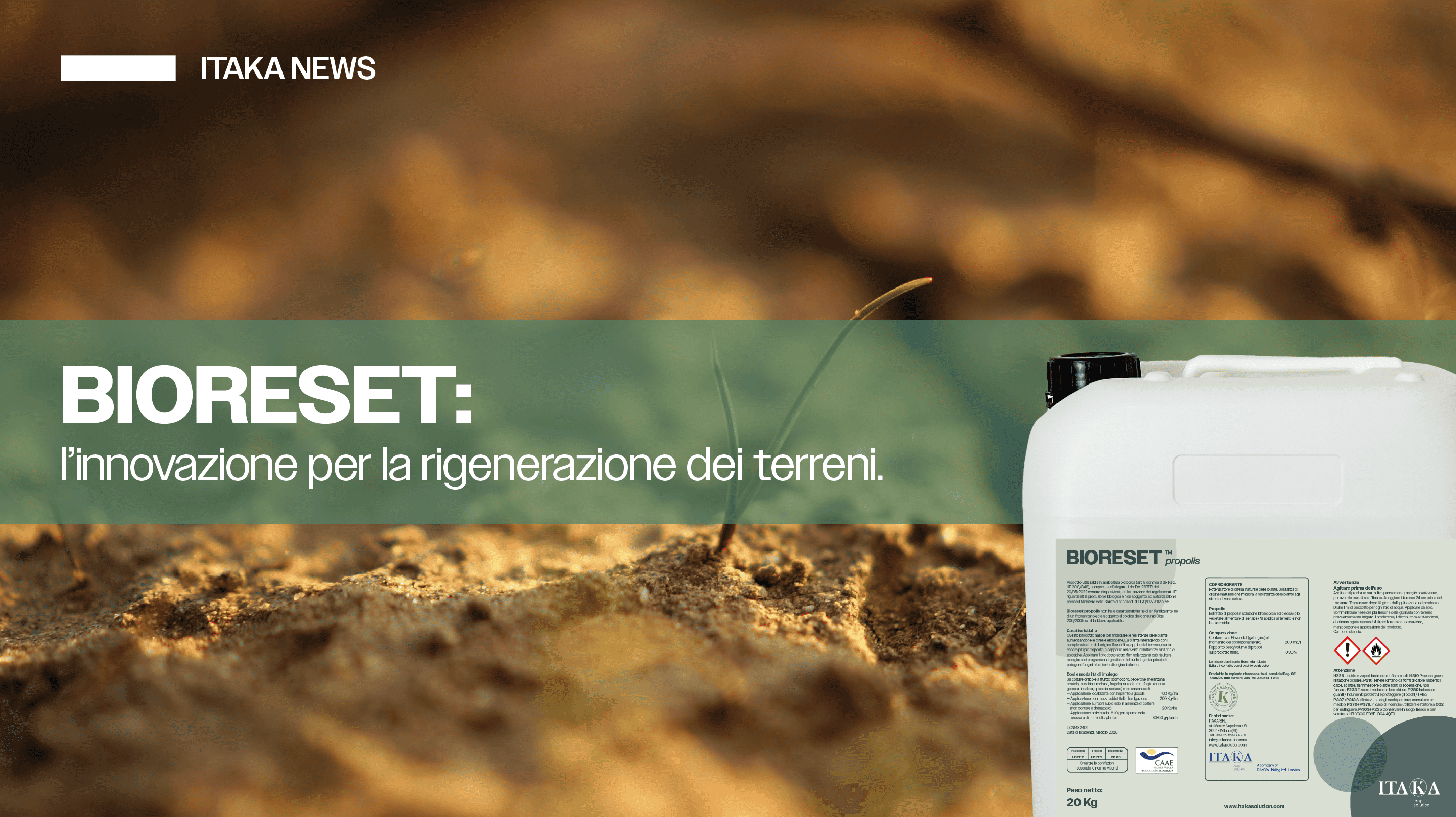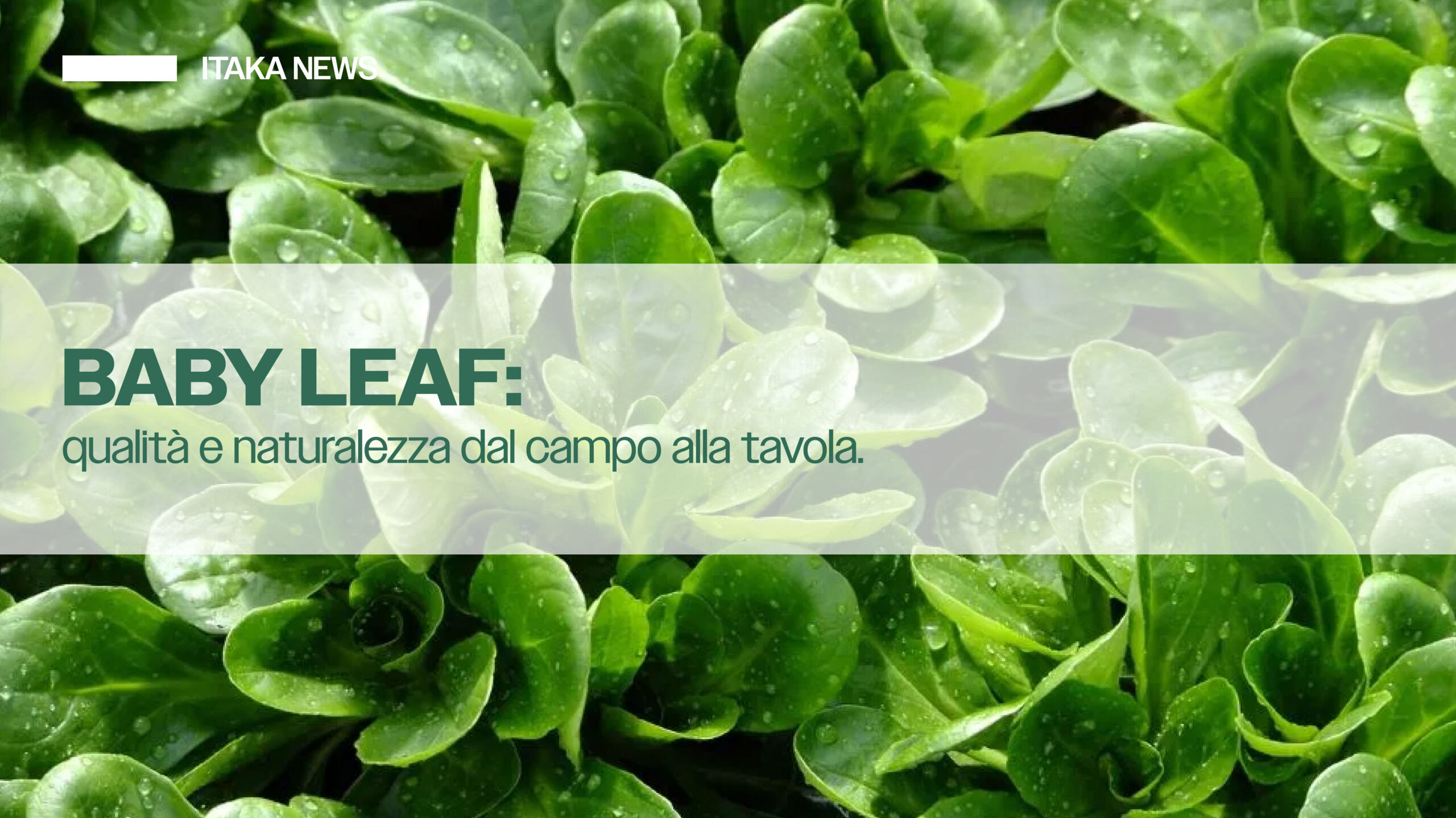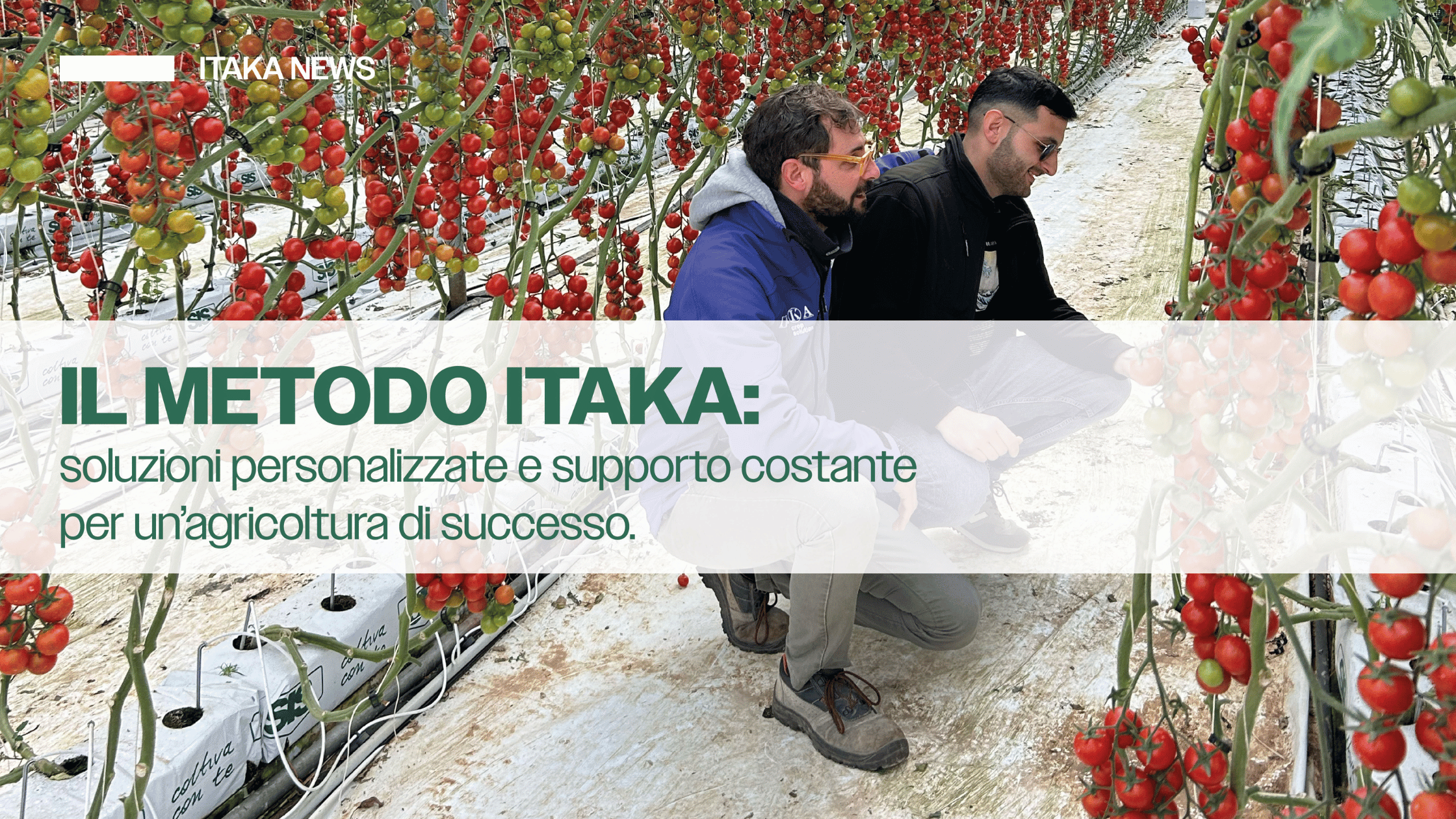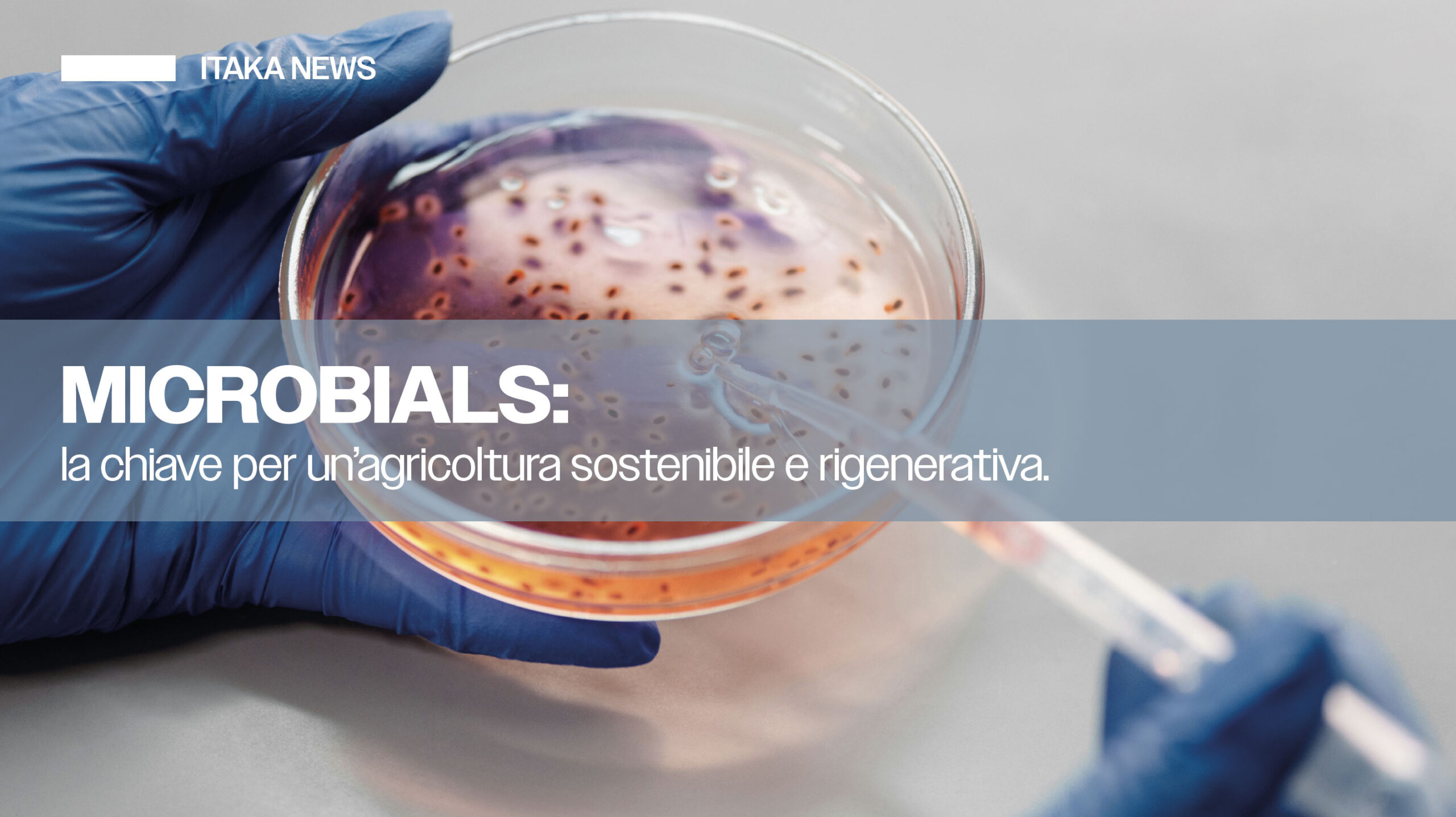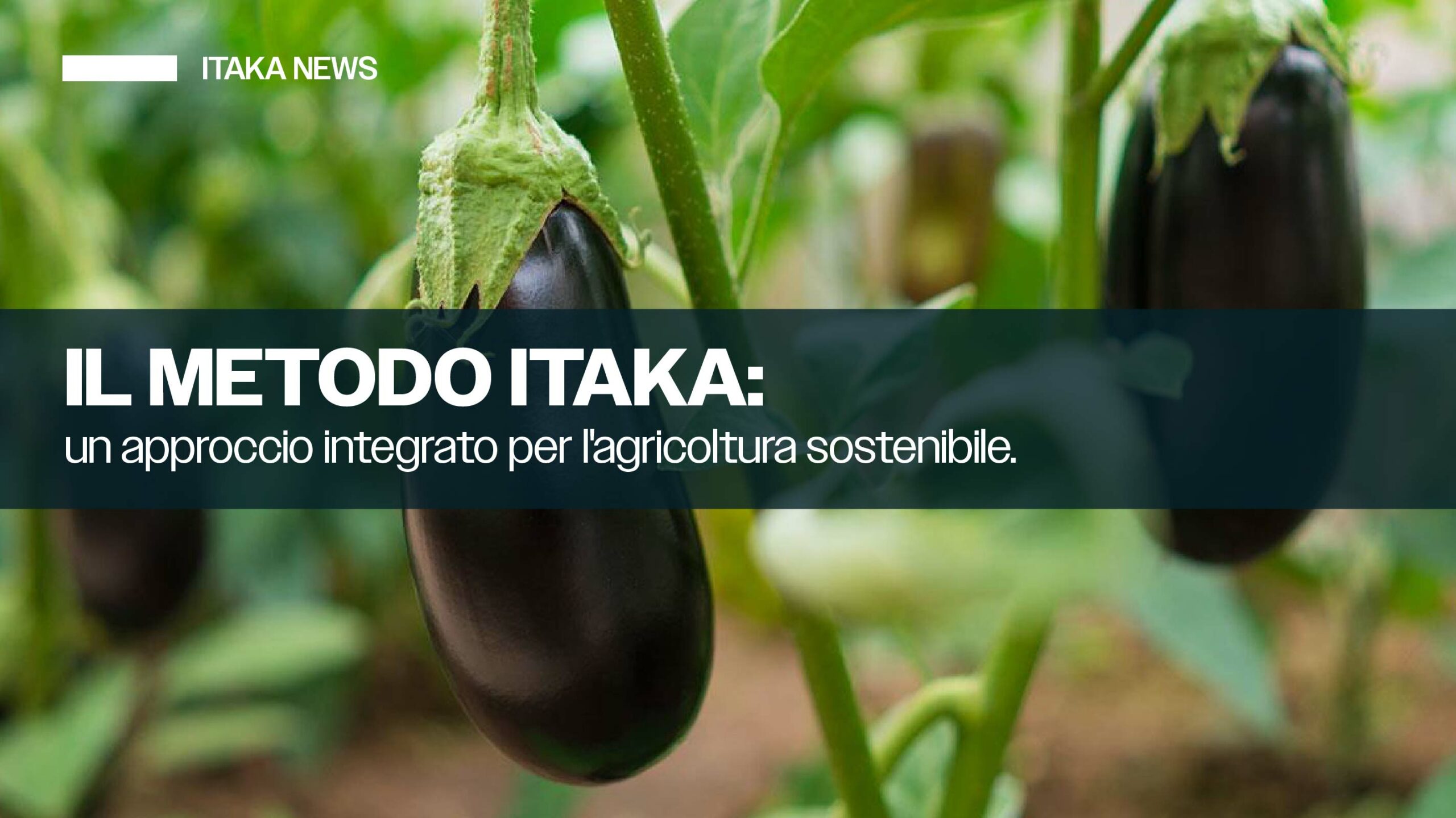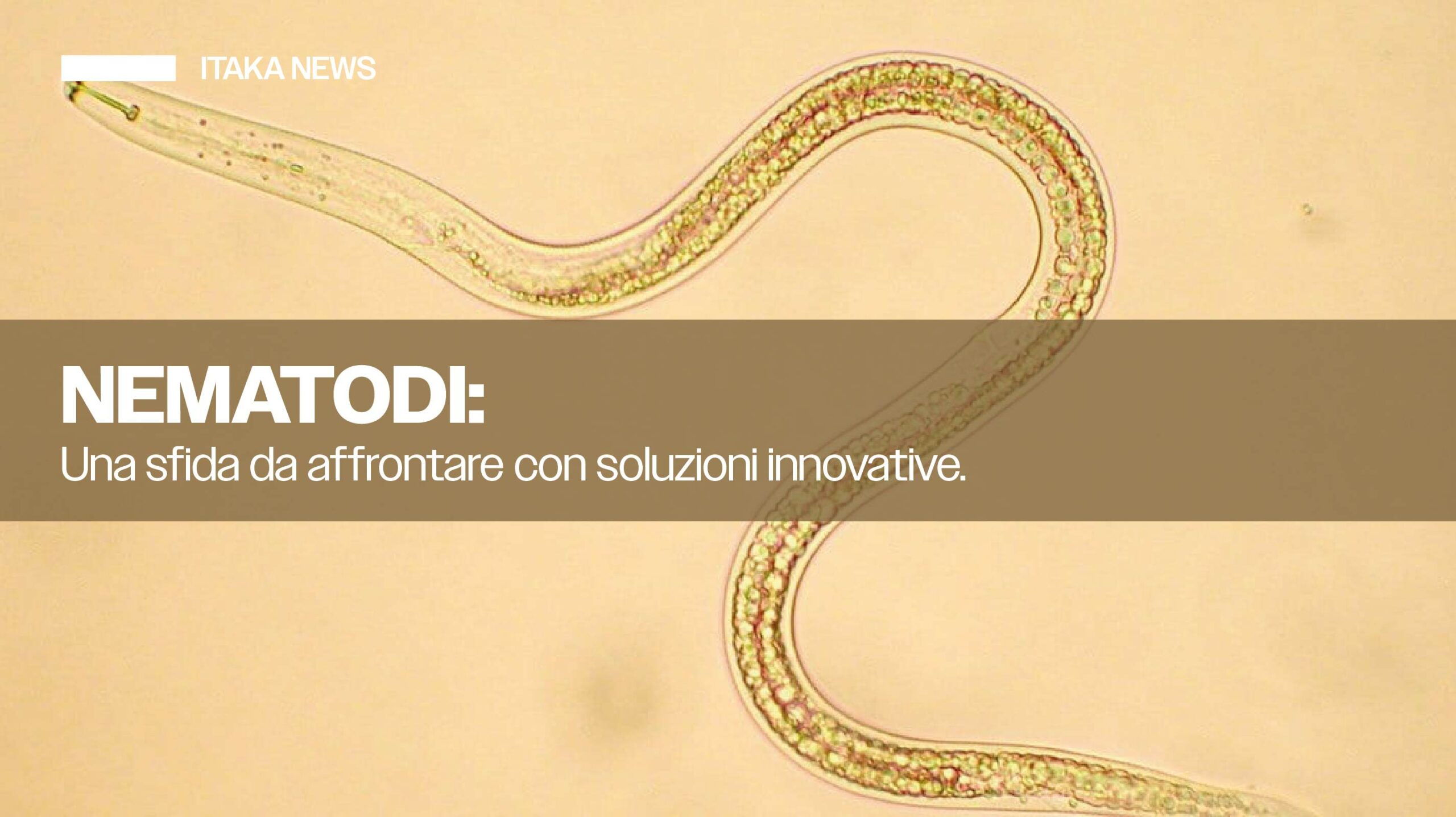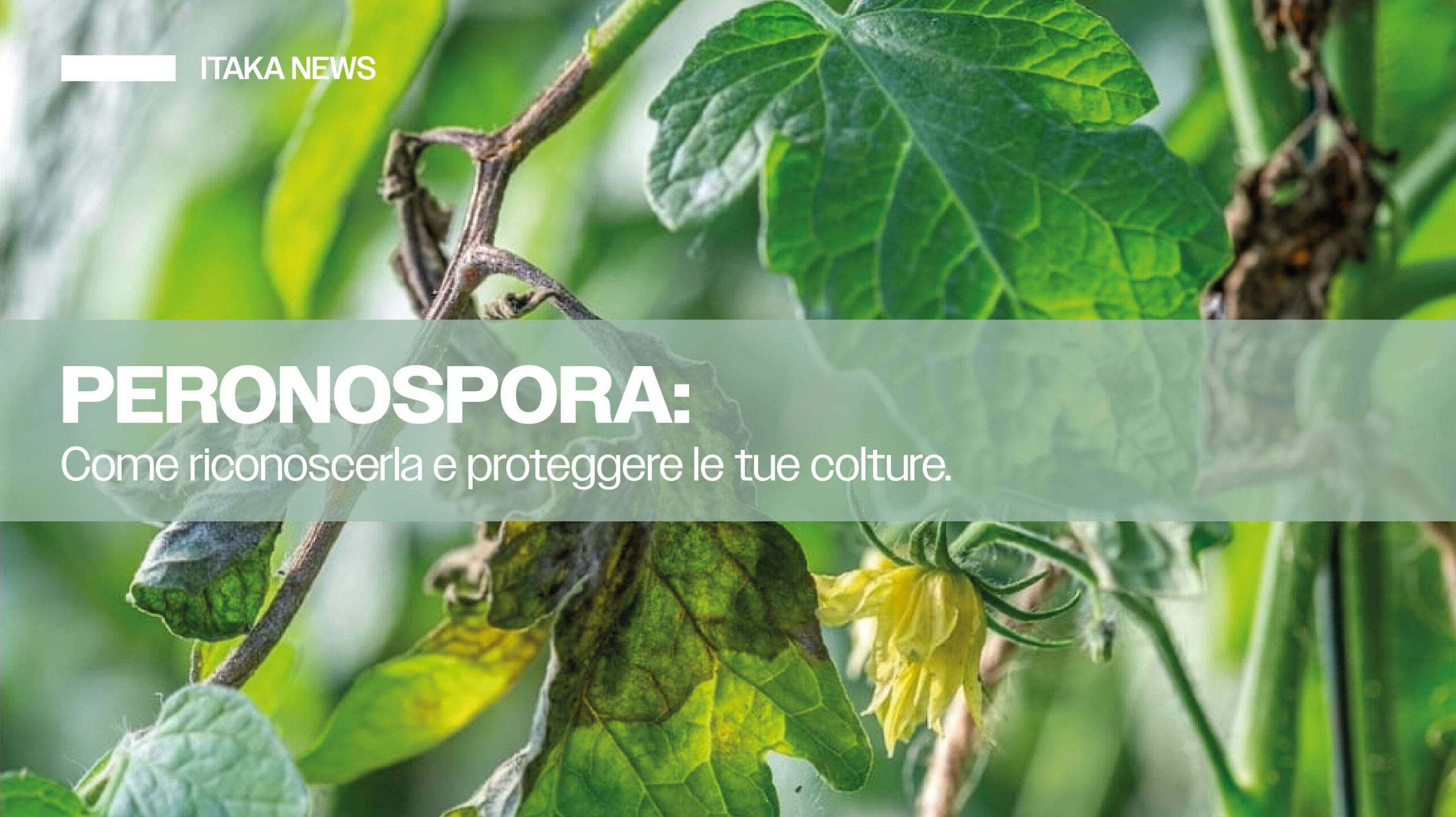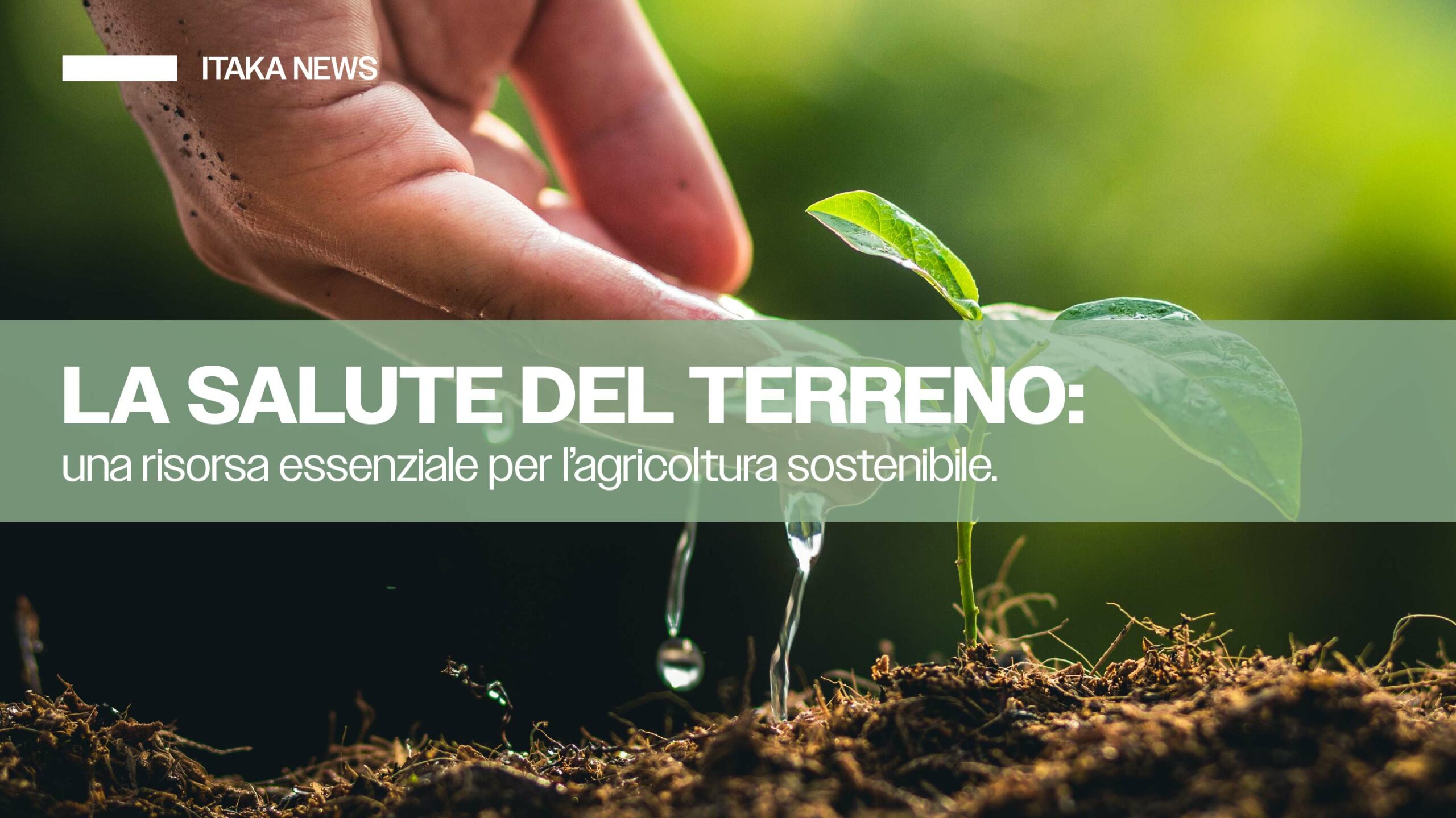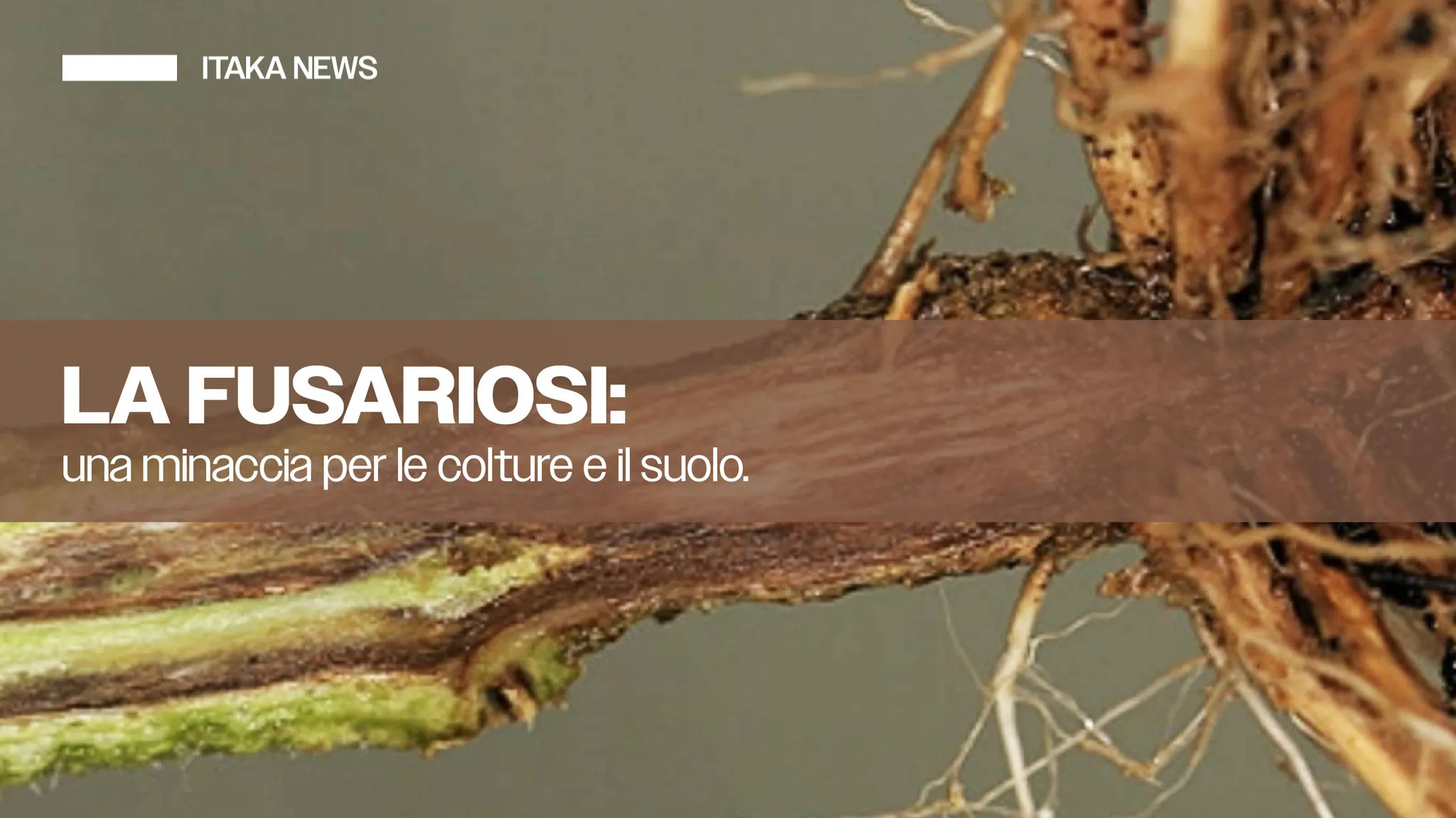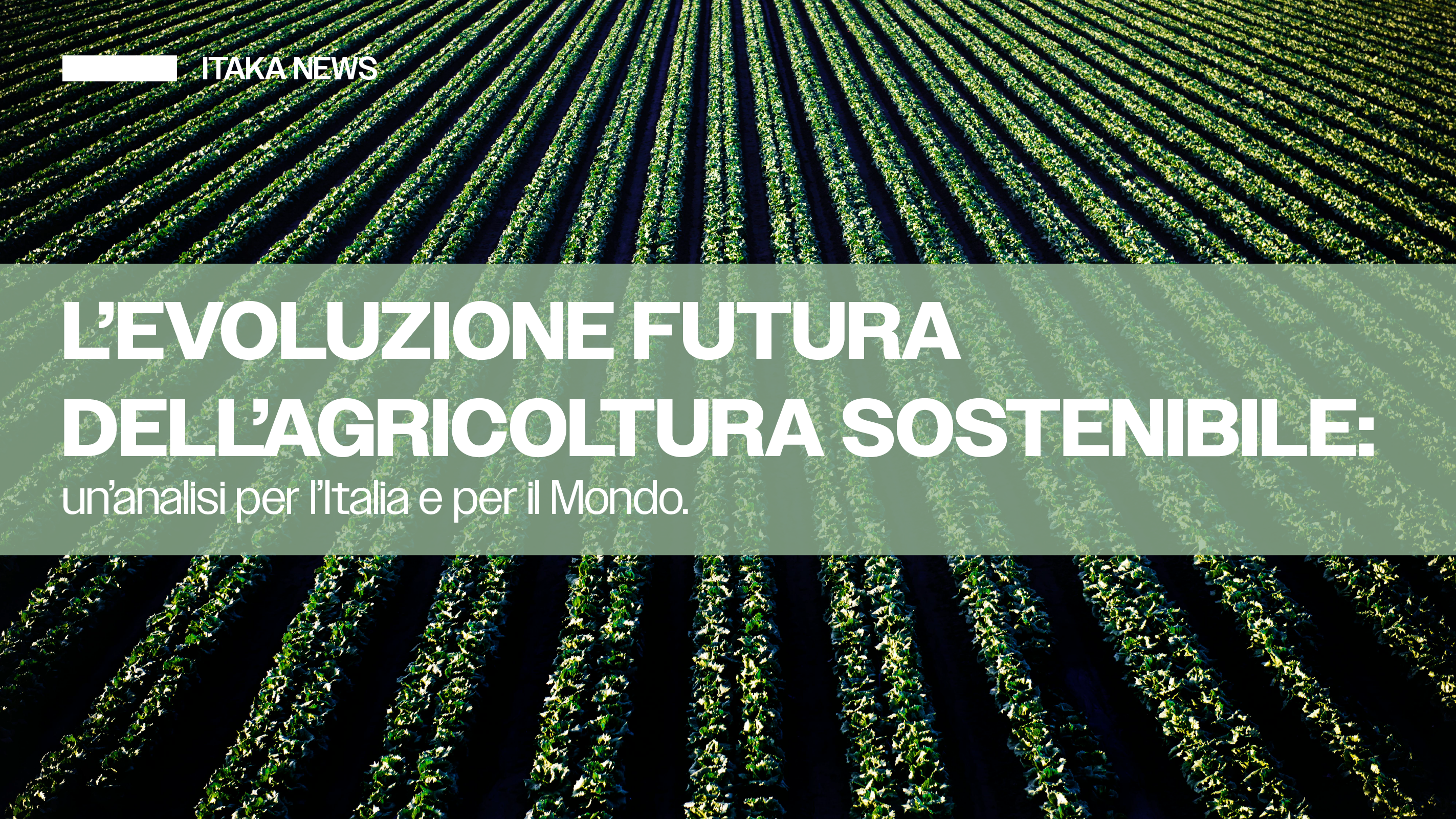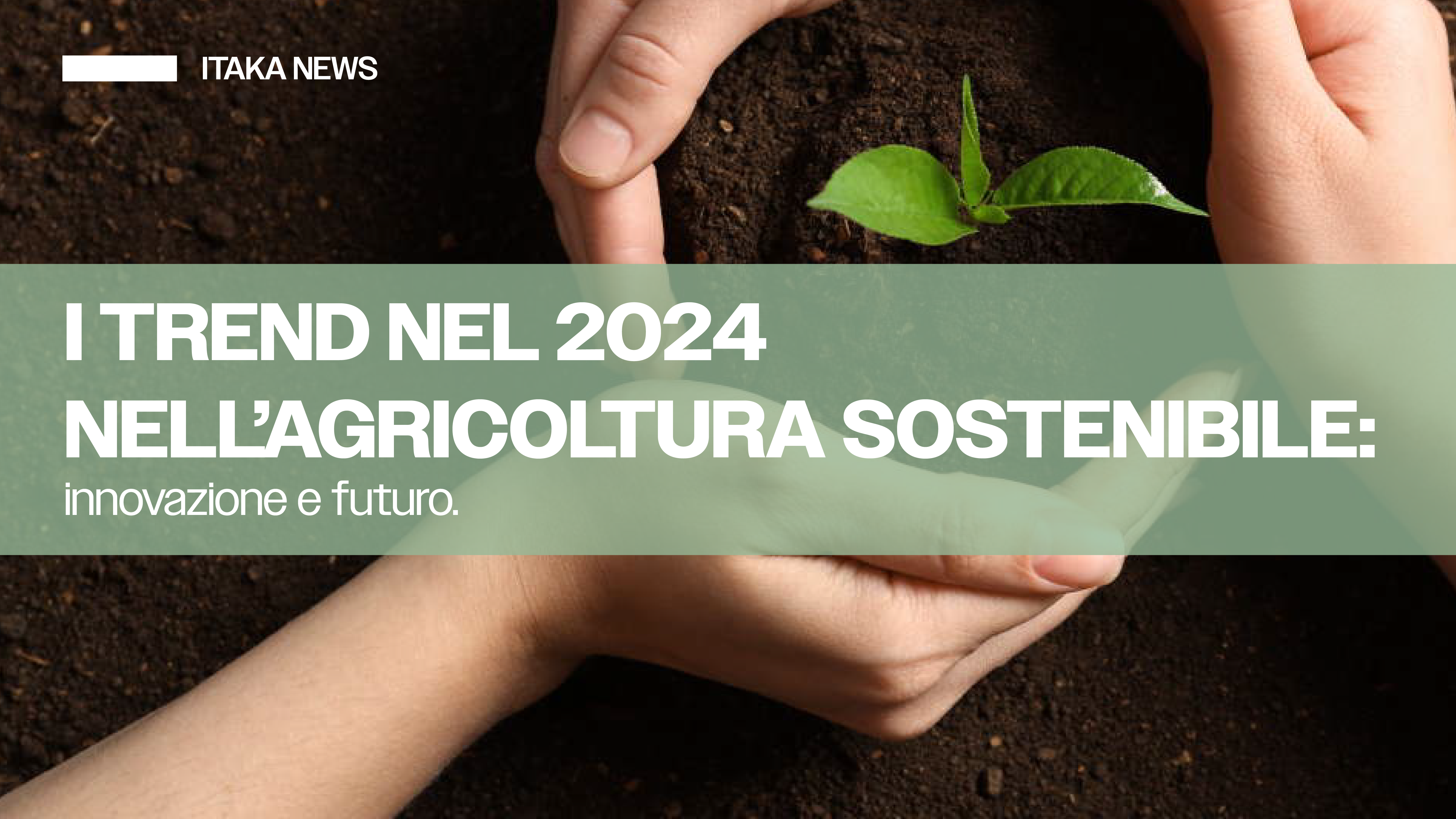Crop protection has always been a major challenge for the agricultural sector. In the past, the response to this challenge has mainly focused on the use of chemicals, from pesticides to plant protection products, which have played a crucial role in ensuring satisfactory crop quantities. However, today we know that this solution is not sustainable and can compromise soil, plant and environmental health.
Fortunately, research and technological innovations allow us to look to the future with a different approach. Resistance inducers represent one such innovation: a natural tool that allows plants to defend themselves independently, taking advantage of the biological mechanisms they already possess.
At Itaka Crop Solution, we firmly believe that the agriculture of the future must combine productivity and sustainability. Resistance inducers are one of the most promising weapons to achieve this balance, respecting soil and plants while providing excellent results for farmers and agronomists.
What are resistance inductors?
Resistance inducers are natural substances, such as plant extracts, beneficial microorganisms or bioactive compounds, that stimulate the innate ability of plants to defend themselves against diseases, pathogen attacks and environmental stresses.
They are not biopesticides or products that act directly against pathogens, but rather “train” plants to activate their natural defenses before problems develop. In other words, they function as a kind of “enhanced immune system.”
There are various types of inducers, each with specific mechanisms:
– Systemic acquired resistance (SAR): acts systemically throughout the plant, stimulating global protection.
– Induced systemic resistance (ISR): relies on interaction with beneficial microorganisms in the soil to trigger defensive responses in plants.
Because of their mode of action, these inducers do not compromise the environment or harm beneficial organisms in the soil, making them a natural ally for sustainable agriculture.
How resistance inducers support sustainable agriculture
Resistance inducers are a strategic solution to address several issues in the agricultural sector, positively impacting productivity, environment and crop health.
That is why they are so important for sustainable agriculture:
1. Decreased use of chemical pesticides.
One of the great ambitions of sustainable agriculture is to reduce dependence on traditional chemicals, such as fungicides and pesticides, which have long-term negative effects on soil quality and the environment. Resistance inducers make it possible to limit the use of pesticides, acting as a natural first line of defense against pathogens and pests.
2. Resilience to biotic and abiotic stresses
Plants treated with inducers are better equipped to face challenges related to both pathogen attack (biotic stress) and harsh environmental conditions, such as drought or temperature changes (abiotic stress). This is reflected in increased crop stability and productivity, even under unfavorable climatic conditions.
3. Preservation of soil biodiversity
Resistance inducers do not alter the biodiversity of the soil microbiome; rather, they work synergistically with the microorganisms already present to improve the fertility and overall health of the soil. This is essential for maintaining a balanced and productive environment.
4. Reducing the environmental footprint
By limiting the need for intensive chemical treatments, resistance inducers help reduce the impact of agriculture on natural resources, such as water and soil, while simultaneously reducing the risk of contamination.
5. Safer food for consumers
Due to the reduced application of chemicals, crops treated with resistance inducers produce food with less chemical residues, thus ensuring safer and healthier products for the end consumer.
—
Resistance inducers and the Itaka Method
At Itaka Crop Solution, we have integrated resistance inducers within our customized approach, the Itaka Method, to provide our clients with natural and tailored solutions.
Our method is based on a thorough analysis of the soil, crops, and farmers’ specific needs to ensure tangible benefits and optimal integrated pest management.
How do resistance inducers work within our method?
1. Preliminary analysis: we study the farm environment, soil and crops to identify the main risk factors.
2. Selection of suitable inductors: we choose the most suitable products considering the type of stress (biotic or abiotic) and the goal to be achieved.
3. Targeted application: inducers are administered through foliar, soil treatments, or integrated within biological defense strategies.
4. Continuous monitoring of results: we follow our clients throughout the entire growing season, optimizing any interventions based on developments.
With this approach, it is possible to protect diverse crops, such as tomatoes, citrus, vineyards, or cereals, while improving their health and productivity in a sustainable way.
Concrete results: application examples
Resistance inducers find applications in multiple agricultural production systems. Some examples:
– Greenhouse crops (tomato, zucchini, eggplant): reducing downy mildew infections and improving plant quality.
– Wine grapevine: reducing the incidence of fungal attacks such as botrytis, improving the final quality of grapes.
– Citrus fruits: improved resistance to bacterial diseases, with positive effects on fruit quantity and quality.
In all these situations, customers who have implemented resistance inducers in their treatments have achieved savings in chemical inputs, increased production quality, and a positive impact on the environment.
Conclusions: a new way to protect crops
Resistance inducers are more than a trend: they represent a new philosophy of approaching crop protection based on a deep respect for nature and the use of tools that enhance the innate capabilities of plants.
At Itaka Crop Solution, we are committed to promoting sustainable agriculture by offering innovative solutions such as resistance inducers within an integrated and customized approach.
